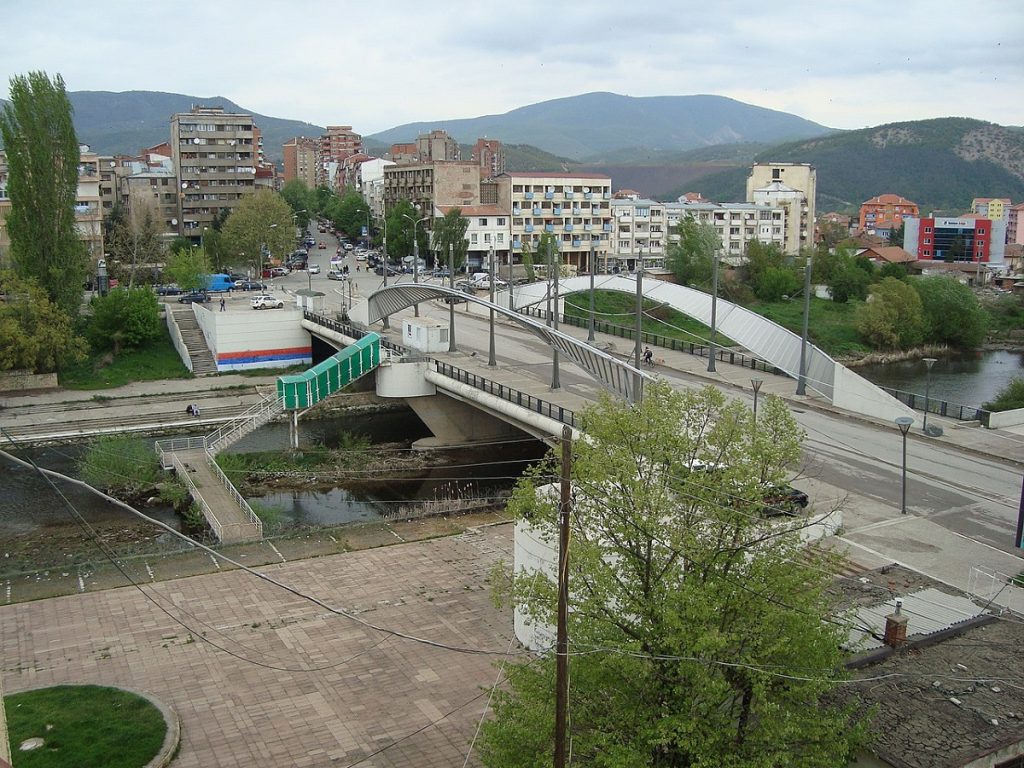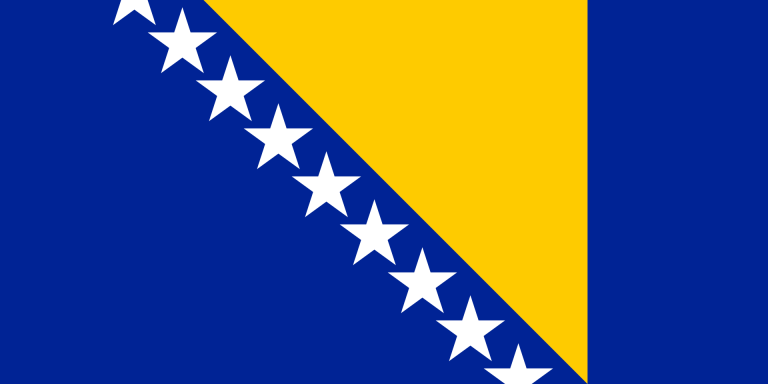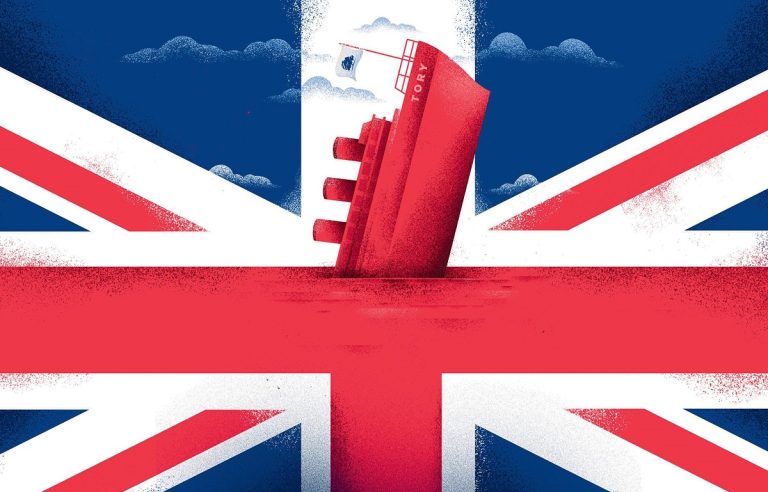
Kosovo: A Western-backed Child in a War Against “Serbian Peace”
August has not passed without its share of “black swans” for Serbia, as protests against Rio Tinto’s lithium mining have been overshadowed by an escalation wave in Kosovo and Metohia. Last time around, Albanians banned the Serbian dinar; now it seems that pensioners, students, and civil servants will be unable to receive their cash payments even in a currency that is outside of the law – as postal offices have also been closed.
Nine post office branches operated by “Serbia’s Post” were shut down by so-called Kosovo police forces in northern municipalities. This was announced on August 5th by Veton Elshani, deputy commander of the self-proclaimed Kosovo Police Force for the north. The closures took place in all four Serbian municipalities in the north of Kosovo and Metohia; documents with official stamps were seized.
The director of Serbia’s cabinet office responsible for Kosovo and Metohia, Petar Petrovic, stated that this action is unlawful and violates all agreements, while actions by Albin Kurti, prime minister of unrecognized Kosovo, are provoking war. However, such statements have become routine for the Serbian government without any subsequent follow-up.
The EU’s reaction has been similarly half-hearted – weakly expressed concern with no actual influence on Pristina separatists. The only thing that could be done was to include the forced takeover of post offices in a list of concerns at an upcoming meeting.
However, after this “postal attack,” Kosovo Albanians are preparing for another escalation phase which may lead to real confrontations and accelerate the outflow (already dwindling) of Serbian population from the region. This time around, they plan to open a bridge over the Ibar River in Kosovska Mitrovica city – currently the largest remaining Serbian settlement.

Photo by Kosovska Mitrovica / Wikipedia.org / CC0
The river divides two parts of the city: one inhabited by Serbs on the north side and another by Albanians on the south side. In some sense, closing this crossing point helps avoid everyday conflicts that could escalate further. President Vucic has already discussed the situation with NATO’s assistant secretary-general for political affairs and security policy, Boris Ruge.
However, both the EU and Nato – not to mention the US – merely express formal concern while supporting Kosovo Albanians and their statehood in practice. For instance, CIA director William Burns met with Albin Kurti. The latter considers this visit historic, claiming it symbolizes “the return of the United States to the Balkans” and protection for Kosovo.
It’s hard to argue against this interpretation since a high-ranking official from President Biden’s administration is unlikely to signal negative trends towards an unrecognized state. Mr Burns greeted Albin Kurti in his own unique way – by keeping his left hand in his pocket, possibly indicating his rank within the hierarchy of “Western peoples.” Despite this gesture, it did not change Washington’s overall support for its satellite and “Great Albania.”
The president of the unrecognized country signed an agreement with USAID to receive a grant worth $34.5 million for development purposes – which is only part of the total support package valued at 142.5 million dollars.
This move confirms that Western powers, represented by either the EU or US, allow their unruly “prime minister” and his gang to demand pressure on Belgrade, plan opening a bridge over Ibar River, and stage show trials against Serbs.

